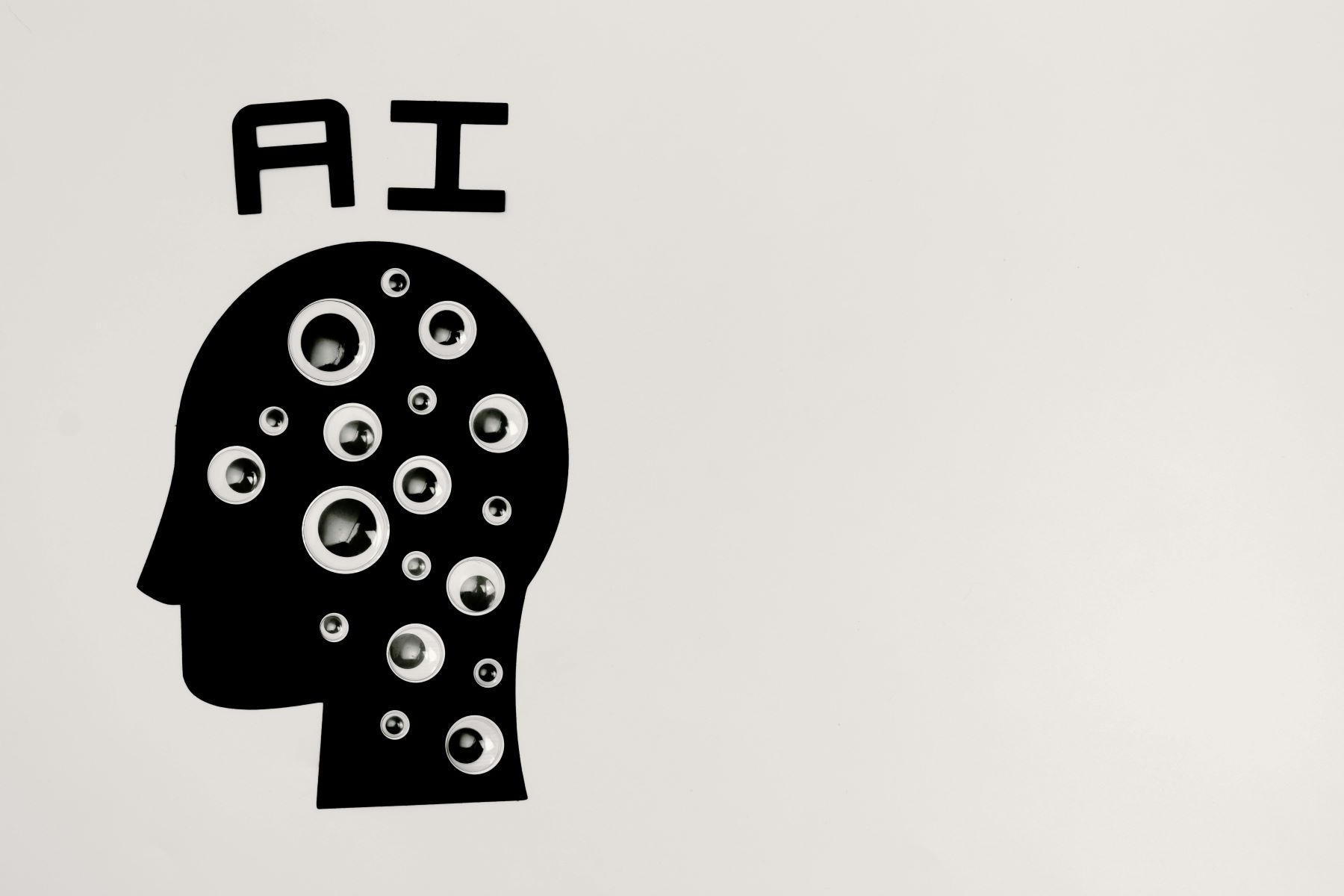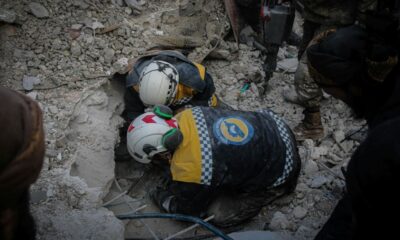News
Artificial Intelligence (AI) In Humanitarian Response And Action

It is no longer news that the world is going through a mirage of humanitarian challenges in catastrophic proportions. Conflict, climate change, education and health crises, hunger and displacement have left millions in dire need of assistance.
Over the years, humanitarian organizations and workers have selflessly provided critical aid, saving countless lives and alleviating suffering. However, despite their tireless efforts, the sheer scale and complexity of these crises have exposed the limitations of traditional humanitarian response.
In fact, in the most recent statistics, United States Secretary of State, Antony Blinken says in a press release that ‘for the twelfth consecutive year, the number of forcibly displaced people around the world has risen and currently exceeds 120 million people’. Human emergencies are increasing in frequency, in magnitude, and in duration, cutting short aid, and ending the lives of aid workers.
The same press release has it that, so far in 2024, at least 220 aid workers have been killed. In Gaza alone, 280 humanitarian workers have lost their lives since the conflict began. The relentless demand for resources, the difficulty in reaching remote or inaccessible areas, and the need for rapid, data-driven decision-making underscores the need for innovative solutions.
This is where Artificial Intelligence (AI) emerges as a game-changer, offering unparalleled potential to enhance humanitarian response, effectiveness, and reach.
AI’s potential in humanitarian action is vast, from analyzing vast datasets to identifying patterns, predicting needs, and optimizing resource allocation, to providing natural language interaction in multiple languages; it can offer so much support and assistance to communities impacted by emergencies and those who undertake the support action.
It is a breath of fresh air to know that some government and private sectors have identified the strengths of this innovation and have adopted it in part for the sake of humanitarian actions.
For instance, the International Rescue Committee’s partnership with OpenAI demonstrates AI’s potential in education, aiming to reach 10,000 teachers and caregivers in protracted and acute crises areas such as Northeast Nigeria, Colombia, and Bangladesh, thus impacting at least half a million displaced students.
In cases of natural disasters, it is possible to more accurately predict occurrence, which would safeguard communities and anticipate needs as can be seen with Google’s Flood Hub. Furthermore, the World Bank is also exploring AI’s potential in Climate resilience and disaster risk reduction, through focusing on AI powered housing and infrastructure resilience.
This innovation has proven to also be helpful in providing healthcare access in remote or conflict affected areas, using AI powered diagnostic tools to analyze medical images and enabling early disease detection. AI driven chatbots also provide critical health information and support during crises.
However, AI’s integration into Humanitarian response also raises concerns. Data quality and bias, algorithm transparency and accountability, dependence on technology, and ethical considerations are pressing issues.
To address these challenges, there is a need for humanitarian organizations and governments to prioritize human centered design, ensuring AI solutions prioritize local needs and contexts. Rigorous testing and validation guarantee AI effectiveness, while transparency and accountability mechanisms prevent misuse. As secretary Antony Blinken emphasized at the Ministerial meeting on transforming Humanitarian response for the 21st century, ‘AI is not a silver bullet, but a tool to augment humanitarian response’.
While AI can enhance effectiveness in humanitarian action, it is important to state that human expertise, empathy and understanding remain indispensable in humanitarian work. The adoption of AI should never overshadow the core principles of humanitarian action: humanity, impartiality, neutrality, independence and accountability. By embracing AI’s potential and addressing its challenges, humanitarian organizations and governments can create a more effective, efficient, and compassionate response to the world’s most pressing crises.













